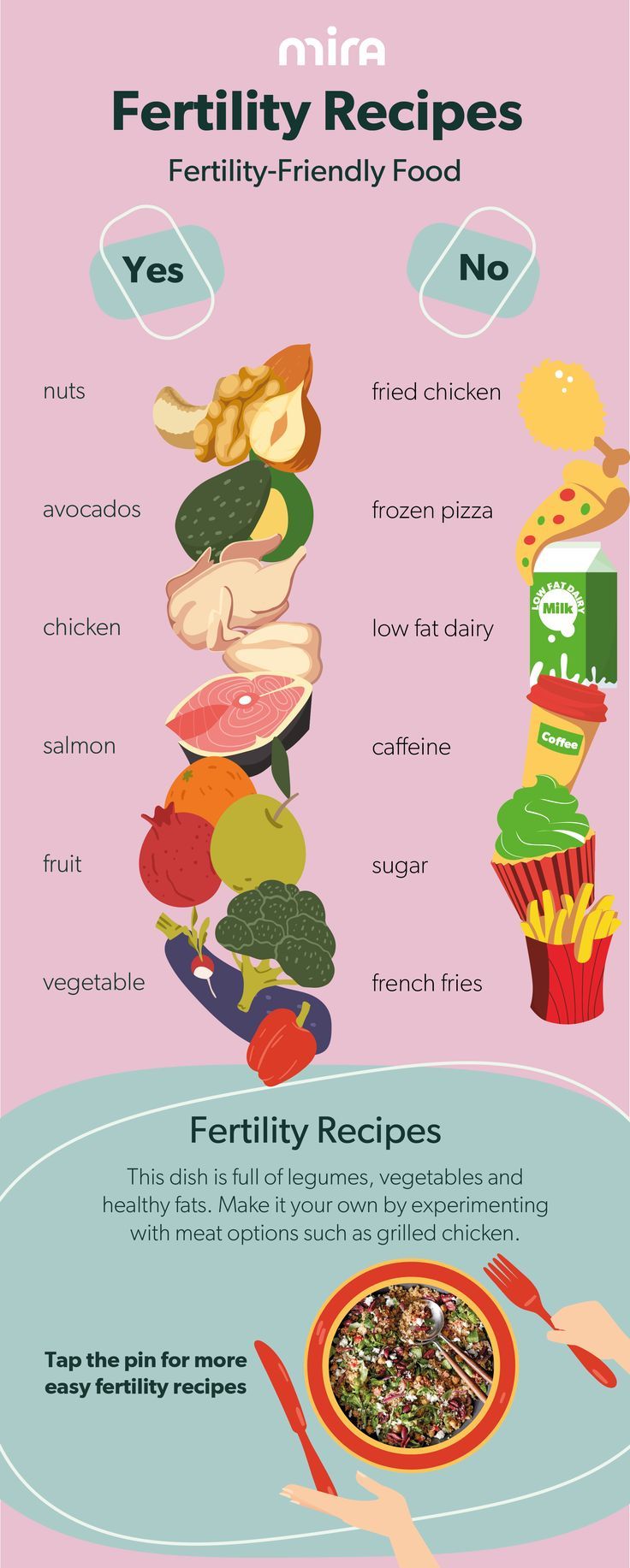
Diet plays a powerful role in fertility and overall reproductive health. What you eat can influence hormone levels, egg and sperm quality, and even your likelihood of conception. Whether you’re in the early stages of trying to conceive or looking for ways to boost your fertility, focusing on a nutrient-dense diet can make a positive impact. In this blog, we’ll cover essential dietary tips, foods to include, and those to avoid for optimal fertility health.
Why Diet Matters for Fertility
A balanced, nutrient-rich diet supports hormone regulation, reproductive health, and overall well-being. Certain vitamins and minerals, such as folic acid, zinc, and antioxidants, play a crucial role in egg and sperm health. Additionally, a healthy diet can help maintain a balanced weight, which is also key to fertility, as being underweight or overweight can disrupt hormonal balance and affect ovulation.
Foods to Eat for Enhancing Fertility
Including the right foods in your diet can boost fertility by nourishing your body and supporting hormonal balance. Here are some top fertility-friendly foods to add to your meals:
1. Leafy Green Vegetables
- Why: Leafy greens like spinach, kale, and Swiss chard are rich in folic acid, iron, and other essential vitamins that support reproductive health.
- How to Include: Add greens to salads, smoothies, and stir-fries for an easy nutritional boost.
2. Berries (Blueberries, Strawberries, and Raspberries)
- Why: Berries are packed with antioxidants that help protect eggs and sperm from free-radical damage.
- How to Include: Snack on berries, add them to yogurt, or blend them into smoothies for a nutrient-packed treat.
3. Whole Grains
- Why: Whole grains like oats, quinoa, and brown rice provide steady energy and fiber, helping regulate insulin levels and support hormonal balance.
- How to Include: Replace refined grains with whole grains in meals to keep blood sugar levels stable.
4. Healthy Fats (Avocado, Nuts, Seeds)
- Why: Healthy fats support hormone production, which is essential for ovulation and fertility.
- How to Include: Enjoy a handful of nuts, add chia or flaxseeds to smoothies, and incorporate avocado into salads.
5. Lean Protein Sources (Eggs, Fish, Poultry)
- Why: Protein is essential for building healthy cells and maintaining muscle mass, but it’s best to focus on lean sources to avoid excessive saturated fat.
- How to Include: Opt for lean cuts of meat, fish rich in omega-3s (like salmon), and eggs for balanced meals.
6. Full-Fat Dairy
- Why: Studies have suggested that full-fat dairy may support reproductive health better than low-fat or non-fat versions.
- How to Include: Swap low-fat yogurt or milk for full-fat options a few times a week.
7. Beans and Lentils
- Why: These plant-based proteins are high in iron and folate, both of which are beneficial for reproductive health.
- How to Include: Add lentils to soups, salads, or enjoy a bowl of chili with beans for a hearty meal.
8. Water-Rich Foods and Fluids
- Why: Hydration is essential for maintaining cervical mucus, which aids sperm movement and survival.
- How to Include: Drink plenty of water throughout the day, and include water-rich foods like cucumber, watermelon, and oranges.
Foods to Avoid When Trying to Conceive
Some foods can negatively impact fertility by interfering with hormone balance or reducing sperm and egg quality. Here are a few foods and substances to limit or avoid:
1. Processed Foods and Sugary Snacks
- Why: High levels of sugar and unhealthy fats in processed foods can lead to weight gain, insulin resistance, and inflammation, all of which can interfere with fertility.
- How to Limit: Opt for whole foods whenever possible and reduce intake of chips, candy, and sugary drinks.
2. Trans Fats
- Why: Trans fats, often found in fried foods and certain baked goods, can impair insulin sensitivity and affect ovulation.
- How to Limit: Avoid fast food and fried items, and check labels for hydrogenated oils, which indicate trans fats.
3. High-Mercury Fish
- Why: Fish like swordfish, king mackerel, and tilefish contain high mercury levels, which can affect fetal development.
- How to Limit: Choose low-mercury fish like salmon, sardines, and trout for their omega-3 benefits.
4. Excessive Caffeine
- Why: Some studies suggest that high caffeine intake (more than 200-300 mg per day) may reduce fertility in women and affect sperm quality in men.
- How to Limit: Aim to consume one cup of coffee or switch to lower-caffeine options like green tea.
5. Excessive Alcohol
- Why: Drinking large amounts of alcohol can disrupt hormonal balance and negatively affect fertility for both men and women.
- How to Limit: If you’re trying to conceive, it’s best to reduce or avoid alcohol altogether.
6. Artificial Sweeteners (e.g., Aspartame)
- Why: Some artificial sweeteners have been linked to hormone disruptions and may have potential effects on fertility.
- How to Limit: Choose natural sweeteners like honey or maple syrup in moderation.
Tips for a Fertility-Boosting Diet
- Meal Plan: Plan your meals with nutrient-rich foods to ensure you’re getting the vitamins and minerals needed for reproductive health.
- Eat Regularly: Skipping meals can lead to blood sugar imbalances, which affect hormone production.
- Avoid Drastic Diets: Quick-fix diets or low-calorie regimens can throw off your body’s balance and harm fertility.
- Prioritize Iron-Rich Foods: Low iron levels are linked to ovulatory infertility, so include iron-rich foods like leafy greens, beans, and lean meats.
- Add Omega-3s: Omega-3 fatty acids found in fish, flaxseed, and walnuts can help regulate hormones and support reproductive health.
Final Thoughts
The right dietary choices can enhance fertility by supporting your body’s natural reproductive processes. Remember, it may take time for dietary changes to impact fertility, so be patient and consistent. By focusing on nutrient-dense foods and avoiding processed or harmful items, you’re setting a strong foundation for a healthy pregnancy. For those facing challenges in conception, consulting with a fertility specialist can provide additional guidance tailored to your needs.

